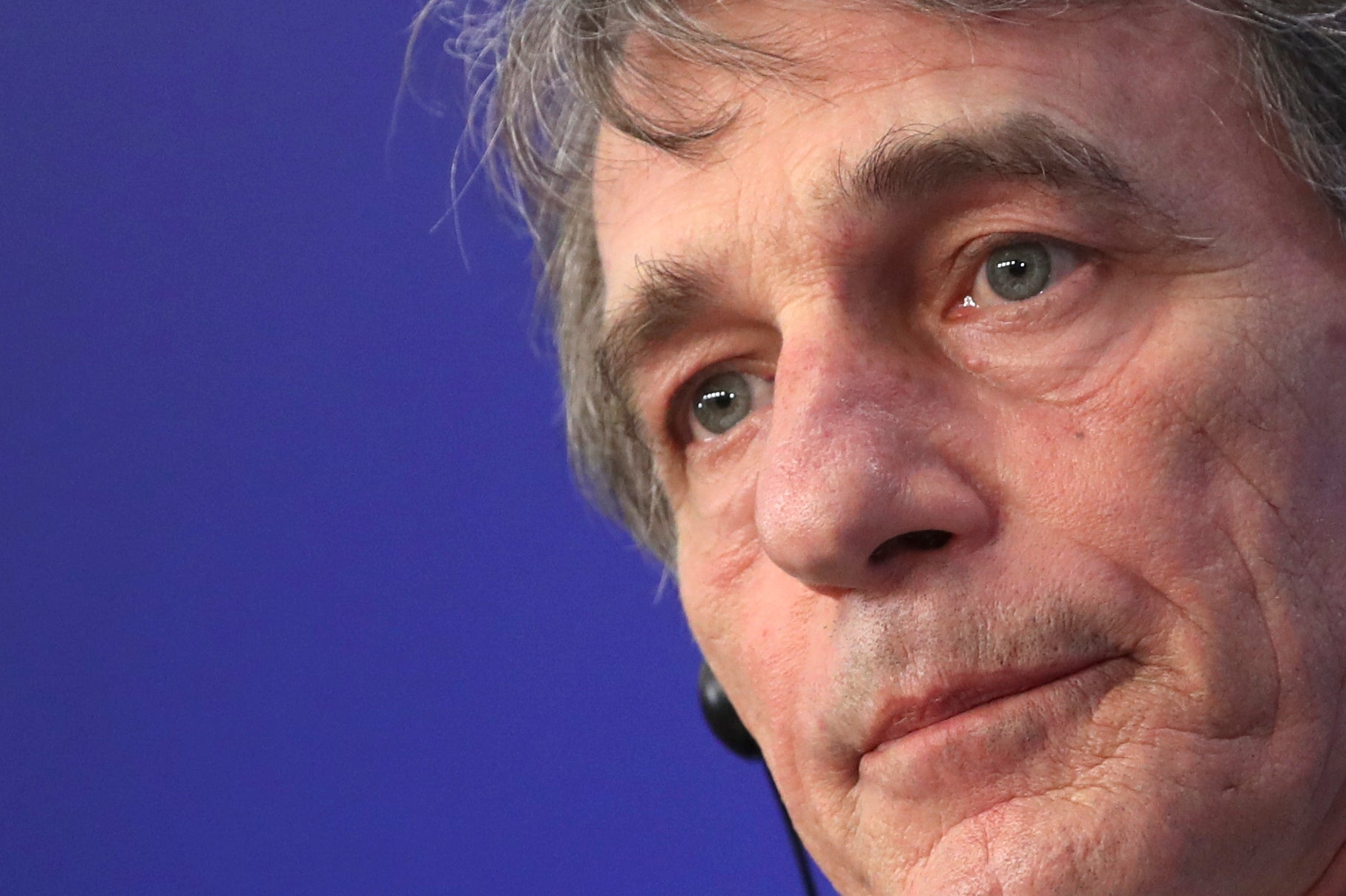EU summons Russia envoy over blacklisting of its officials
The European Union has summoned Russia’s ambassador after Moscow blacklisted eight EU officials

Your support helps us to tell the story
From reproductive rights to climate change to Big Tech, The Independent is on the ground when the story is developing. Whether it's investigating the financials of Elon Musk's pro-Trump PAC or producing our latest documentary, 'The A Word', which shines a light on the American women fighting for reproductive rights, we know how important it is to parse out the facts from the messaging.
At such a critical moment in US history, we need reporters on the ground. Your donation allows us to keep sending journalists to speak to both sides of the story.
The Independent is trusted by Americans across the entire political spectrum. And unlike many other quality news outlets, we choose not to lock Americans out of our reporting and analysis with paywalls. We believe quality journalism should be available to everyone, paid for by those who can afford it.
Your support makes all the difference.The European Union has summoned Russia’s ambassador after Moscow blacklisted eight EU officials in retaliation for the bloc’s decision to impose sanctions over the imprisonment of Russian opposition leader Alexei Navalny
The Russian list announced Friday includes European Parliament President David Sassoli and Vera Jourova, a vice president of the European Commission whose brief includes rule of law issues and disinformation.
European Commission spokesman Peter Stano said that Ambassador Vladimir Chizhov would meet in Brussels later Monday with senior EU officials who “will convey to him our strong condemnation and rejection of this decision.”
Stano said the Russian-imposed travel bans are “obviously very politically motivated and lack any legal justification. They are groundless.” He said that “this all shows that Russia is determined to continue the hostile track of confrontation.”
Russia’s foreign ministry has accused the EU of wanting to punish Moscow for its “independent foreign and domestic policies” and of trying to limit its development with “unlawful restrictions.”
EU foreign ministers will discuss tensions with Russia when they meet on May 10. The 27-nation bloc’s heads of state and government will also take up the issue at their summit on May 25.
The EU in March imposed sanctions on six Russian officials involved in the imprisonment of Navalny, who is Russian President Vladimir Putin’s most vociferous opponent.
Navalny was arrested in January upon his return from Germany where he spent five months recovering from a nerve agent poisoning that he blames on the Kremlin — accusations that Russian officials reject. European labs have confirmed that Navalny was poisoned.